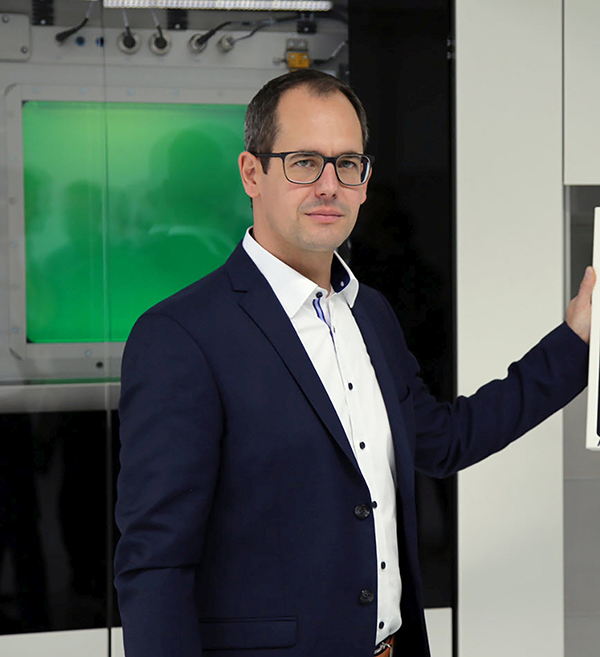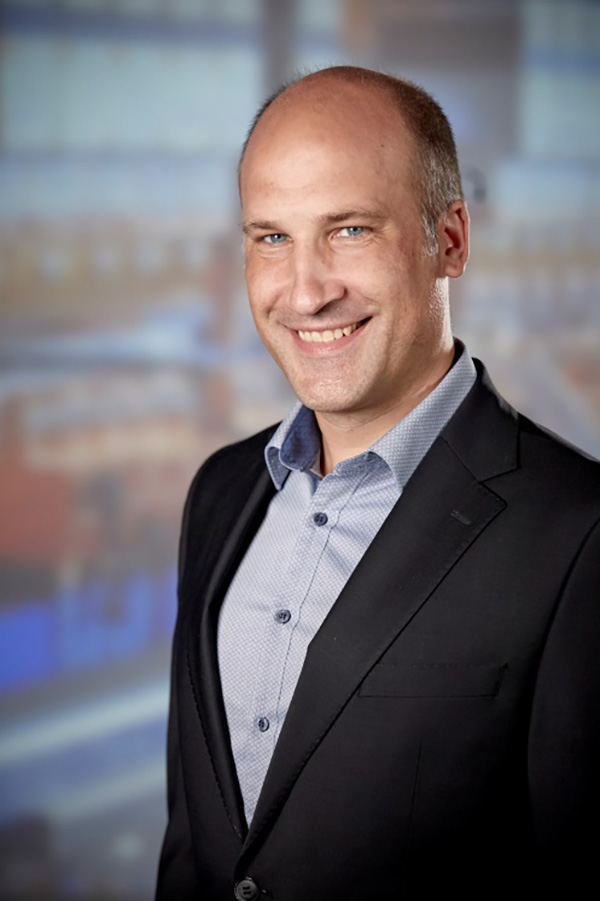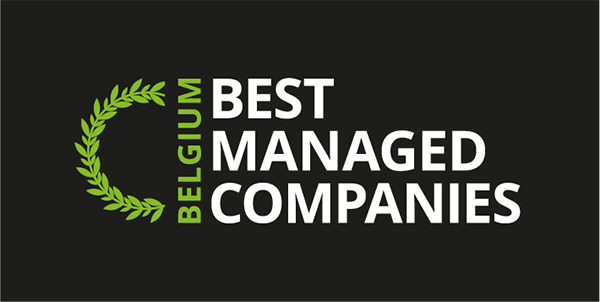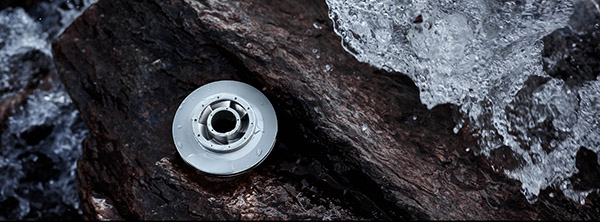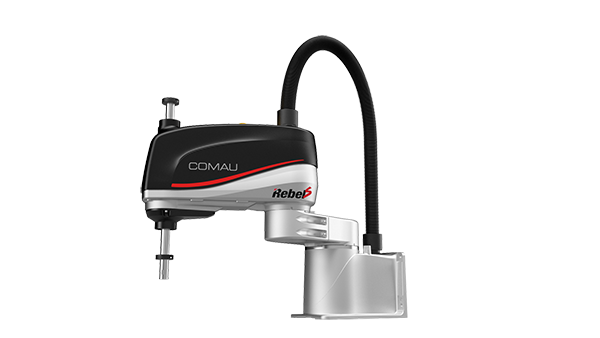
AM Solutions will shine a light on additive manufacturing in an upcoming six-part live event series called ‘Inside AM’. Representatives from renowned companies, active in different sectors, will provide ‘behind the scenes’ insights about their experiences and visions, as well as obstacles that must be overcome. The first event with Christoph Hansen, director technology & innovation at Sauber Engineering, will be broadcast on 9 June at 15:00 CET.
Viewers can register free-of-charge at the web address below. Subsequent events will take place monthly, with dates and times communicated in due course.
For further information
www.inside-am.com






